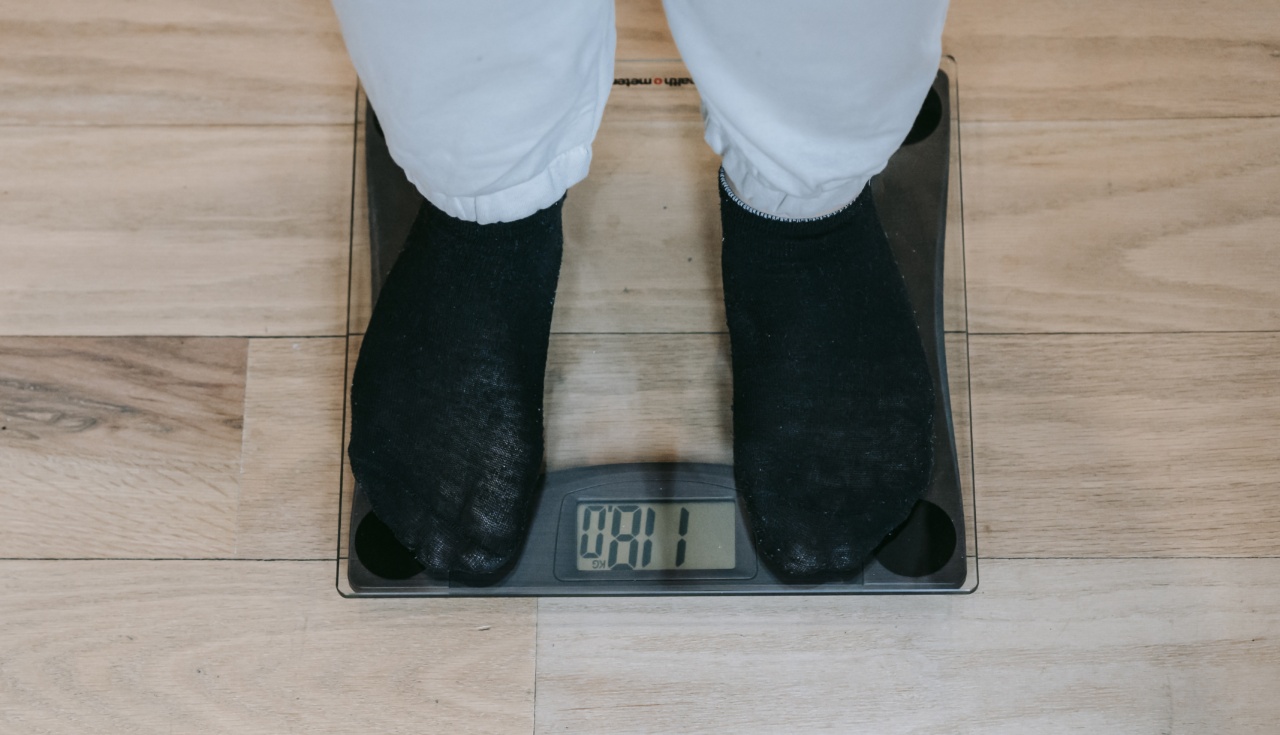When it comes to weight loss, many people believe that calorie counting is the be-all and end-all.
They meticulously track every morsel of food that enters their mouths, aiming to consume fewer calories than they burn in order to shed those unwanted pounds. However, weight loss is a complex process that goes beyond calories in versus calories out.
In this article, we will explore why calorie counting alone may not guarantee successful weight loss and discuss other important factors to consider on your journey to a healthier you.
The Quality of Calories Matters
While it is true that creating a calorie deficit is important for weight loss, focusing solely on the quantity of calories can overlook the quality of the foods you consume. Not all calories are created equal.
Different foods have varying effects on hunger, metabolism, and overall health. For example, consuming 100 calories of nutrient-dense vegetables will likely keep you feeling fuller and more satisfied than 100 calories from a sugar-laden dessert.
Opting for whole, unprocessed foods that are rich in nutrients can help fuel your body and support weight loss in a more sustainable way.
Individual Differences and Metabolic Rate
Calorie counting assumes that all individuals have the same metabolic rate and that a calorie is simply a calorie for everyone. However, our individual differences play a significant role in how our bodies process and use calories.
Factors such as age, genetics, muscle mass, and hormonal fluctuations can greatly impact our metabolic rate. Some people naturally have a higher metabolic rate, meaning they burn calories at a faster rate than others. Therefore, focusing solely on calorie counting may not be effective for those with slower metabolic rates.
Quality of Sleep and Stress Levels
Sleep and stress levels are often overlooked when it comes to weight loss but can have a significant impact. Poor sleep quality and chronic stress can disrupt hormonal balance, leading to increased hunger, cravings, and weight gain.
Additionally, lack of sleep can make it harder to stick to a healthy eating plan and make sound decisions regarding portion sizes. By prioritizing quality sleep and managing stress levels, you can support your weight loss efforts beyond just counting calories.
Nutrient Timing and Meal Composition
Timing and composition of meals can also influence weight loss. Instead of solely focusing on the total number of calories consumed throughout the day, paying attention to when and how you consume those calories can make a difference.
A well-structured meal plan that includes balanced macronutrients (protein, carbohydrates, and healthy fats) can provide sustained energy levels, prevent blood sugar spikes, and enhance satiety. This can help prevent overeating and unnecessary snacking, making it easier to achieve your weight loss goals.
The Role of Physical Activity
While calorie counting emphasizes the importance of reducing calorie intake, it often neglects the role of physical activity in weight loss.
Regular exercise not only burns calories but also helps build muscle mass, which can increase your metabolic rate and support long-term weight loss. Engaging in a combination of cardio and strength training exercises can enhance your overall fitness and help you achieve and maintain a healthy weight.
Therefore, it is crucial to incorporate exercise into your weight loss journey, alongside calorie monitoring.
Psychological Factors and Emotional Well-being
Weight loss is not just a physical process but also an emotional one. Psychological factors play a significant role in our relationship with food and our ability to stick to a healthy eating plan.
Stress, emotional eating, and restrictive diets can sabotage weight loss efforts. It is important to address any underlying emotional issues or unhealthy habits that may hinder progress.
Building a positive mindset, practicing self-care, and seeking support from professionals or support groups can greatly contribute to successful and sustainable weight loss.
Environmental and Social Influences
Our environment and social surroundings can subtly impact our food choices and eating behaviors.
The availability of unhealthy food options, portion sizes at restaurants, and societal pressure to indulge in calorie-dense foods can make it challenging to stick to a calorie-counting approach. By being mindful of our surroundings, making healthier choices when dining out, and surrounding ourselves with a supportive community, we can create an environment that aligns with our weight loss goals.
Hormonal Imbalances and Medical Conditions
In some cases, weight loss may be hindered by underlying hormonal imbalances or medical conditions.
Conditions such as hypothyroidism, polycystic ovary syndrome (PCOS), and insulin resistance can make it more difficult to lose weight, despite calorie restriction. If you have been diligently counting calories without seeing progress, it may be worthwhile to consult with a healthcare professional to rule out any underlying medical issues that could be hindering your weight loss efforts.
The Importance of a Sustainable Approach
In addition to the aforementioned factors, it is crucial to adopt a sustainable approach to weight loss.
Rapid, drastic calorie reduction may yield initial results, but it is often accompanied by feelings of deprivation and can be difficult to maintain long-term. Instead of fixating solely on calorie counting, consider incorporating healthy lifestyle habits that promote overall well-being.
Focus on nourishing your body with nutrient-dense foods, engaging in regular physical activity that you enjoy, managing stress levels, and prioritizing self-care. By adopting a holistic approach, you can achieve a healthy weight while also enhancing your overall quality of life.
Conclusion
While calorie counting can be a useful tool for weight loss, it should not be the sole focus.
The quality of calories, individual differences in metabolism, sleep quality and stress levels, nutrient timing and meal composition, physical activity, psychological factors, environmental and social influences, hormonal imbalances, and medical conditions all play roles in the complex process of weight loss. By taking a holistic approach that incorporates these factors, you can achieve successful and sustainable weight loss while improving your overall health and well-being.





























